
Family Vacations & Your Mental Peace: Strategies for Stress-Free Summer Travel
Family Vacations & Your Mental Peace: Strategies for Stress-Free Summer Travel By: Rane Wallace, MS, LPC, LCDC, SAP Of course, traveling with your family is
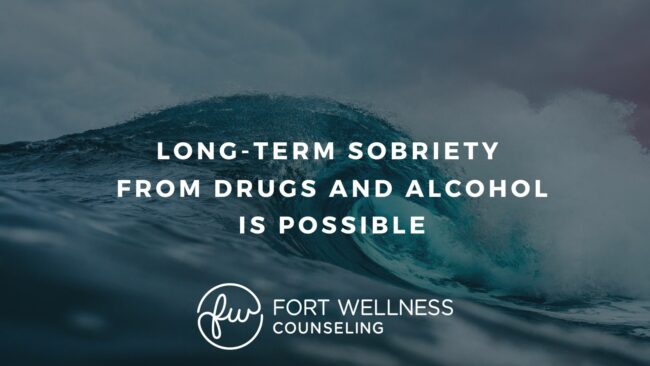
Today, I want to discuss the topic of Recovery. Before we go any further, please know that everything written here is based on my personal experience. After 12 years in active addiction and over 8 years in recovery, as well as working closely with and in the treatment field, I have reached a very clear understanding of what recovery means to me. I am excited to share this with you, but I also want to remind you: Recovery is not universal and you don’t have to agree with everything I believe. That is ok!
There are different types of recovery, but they all pertain to a life free from addiction. You can be in recovery from gambling, drugs, pornography, sexual immorality, codependence, alcohol, or whatever else is creating havoc in your life. Living in recovery means that you are no longer a slave to your addiction. In recovery, we learn to live healthy and functional lives, with the understanding that we must adhere to specific guidelines if we hope to be successful. Free from major turmoil and at peace. The Big Book of Alcoholics Anonymous refers to this lifestyle as, “happy, joyous, and free.” I found this idea to be true. But it comes with time, effort, and most importantly, action.
As mentioned above, I am a recovered drug addict and alcoholic. I can only speak from my personal experience, so these thoughts on recovery come from the perspective of a drug addict and an alcoholic in recovery. Much of this information applies to all addictions, but some may not.
The short answer is no. No, sobriety is not equal to recovery. To be sober is to abstain from drugs and alcohol. Being in recovery though, is to live a proactive lifestyle that promotes sobriety, good behavior, and wellbeing. Recovery is about taking care of your mind, body, and spirit. Many people think that by getting sober, that these things will happen automatically. If only that were true! Personally, I thought that my drug and alcohol use were the main problems in my life. All my legal troubles came because of my drinking and drug behavior, so surely that is the problem…right? Wrong.
My drinking and drug use were symptoms of a deeper issue. Several in fact. My substance use was a coping mechanism. I used it to cope with EVERYTHING, both good and bad. I also have an addictive personality. So, I became mentally obsessed with my habits. Due to the nature of the substances I was using, I developed a physical dependence on them. If I didn’t use, I became ill. I celebrated every positive event in my life the same way I battled my depression, anxiety, and relationship struggles: by getting high and drunk.
After spending several years living this way, I did not understand how to process things in a healthy manner. I was not able to exercise patience, because I was used to a quick fix, instant gratification. If I didn’t like something, I would not do it. Relationships, jobs, court hearings… if I didn’t like the way it was going, I would just leave. Instant gratification and running from my problems are just a few examples. The point is, I had many character defects prior to using any substances. I had also adopted some very unhealthy lifestyle habits while living in my addiction. In sobriety, I quickly realized that my substance use was only the tip of the iceberg. I had a lot of work to do.
One area that requires special attention in my life, was my lack of regard for how my behavior impacts other people. I had developed a lifestyle that created problems in my family, my friendships, and in society. I was selling and using drugs, driving under the influence, accepting stolen property in exchange for drugs at times, and many other things. However, if you were to ask me why I kept living this way, I would say, “it’s my life and my human body. I’m not hurting anyone but myself.”
In sobriety, I quickly realized that this was far from the truth. Through working a program of recovery, I began learning how to live in a way that contributes to others, rather than a living a lifestyle that takes from everyone. The way we think and behave while under the influence of drugs and alcohol is selfish, irrational, unhealthy, and very dangerous. As a result, we establish some very unhealthy thought patterns and behaviors. This is why a program of recovery is so important. Recovery is exactly what it sounds like. Recovery is building your strength back…becoming well. We begin to address the root cause of our choices and behaviors. We work to find a solution and we seek progress daily, while also abstaining from the use of drugs and alcohol.
First and foremost, recovery is not universal. It looks different for many people. What works for me may not work for you. This is one of the reasons we have different types of treatment centers. Different people respond to different styles of treatment. Each person is different, and many folks have chronic pain, mental disabilities, etc. that require special attention by a licensed therapist, and here is how to find one in Fort Worth: How to Find Therapists in Fort Worth.
These things cannot be ignored. The same applies when discussing recovery programs. For the majority, the most important factors to living a successful life in recovery are these:
Recovery programs come in many different forms. One of the most popular and successful programs is the Twelve Step model. It can be highly beneficial; especially when combining that with therapy. On my personal journey in recovery, the spiritual aspect has been extremely important. The Twelve Steps helped me develop an understanding of what that meant and how to build a relationship with God. My life has continued to improve since beginning to work these steps and practice these principles. I do not expect this to change as long as I continue to do what I have been doing.
The most important thing is to get involved in some type of program, regardless of which one you choose. In this case, doing something is much better than doing nothing. In recovery, peer support and a new system for your life are both very important. Below are some options of different programs that can provide this for you:
For anyone beginning their journey into recovery, please don’t give up. There is a solution and a better life for you that does exist. If you or someone you know is struggling with addiction, please feel free to reach out to me. The life you will be leaving behind pales in comparison to the beautiful things your future in recovery has to offer you. There is only one way to find out what that looks like – today is the best day to start your journey!
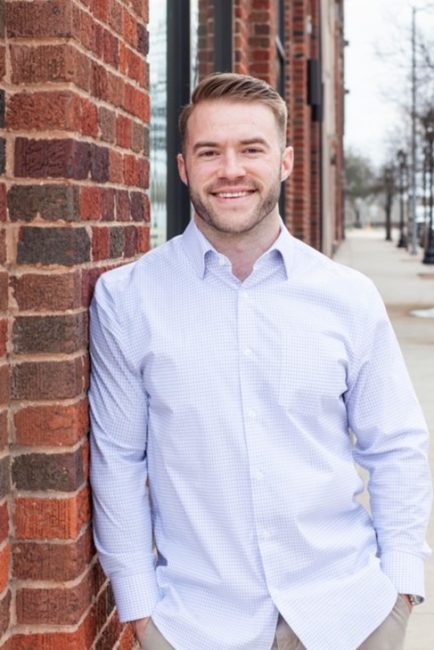
Neal Williams is a life coach and a recovered addict and alcoholic. Among other things, he works with individuals and families fighting the disease of addiction. He started his coaching business at the beginning of 2020, Elevated Lifestyle Academy, after volunteering in the treatment field for 5 years. In sobriety, he was blessed with a wonderful job opportunity, despite having a criminal record and no college degree. In 2019, only a few months after being promoted to General Manager of the company he was with, he came to realize that his work was no longer fulfilling. His passion is in helping people live a healthy and more productive lifestyle. Many of the people he works with are like he was at one time: struggling to find a reason and a way to live free from addiction to drugs and alcohol.
Neal does great work, and you can find out more about his business, Elevated Lifestyle Academy, at the following places: Website, LinkedIn, Facebook & Instagram

Family Vacations & Your Mental Peace: Strategies for Stress-Free Summer Travel By: Rane Wallace, MS, LPC, LCDC, SAP Of course, traveling with your family is

Mental Health 101: Debunking Common Myths By: Rane Wallace, MS, LPC, LCDC, SAP Every May, Mental Health Awareness Month raises awareness and advocacy for people

Medical Trauma: Understanding and Healing from Difficult Healthcare Experiences By: Rane Wallace, MS, LPC, LCDC, SAP Over the years, I’ve come to understand that for

Social Media Depression: Beyond FOMO to Algorithm-Induced Mood Change By: Rane Wallace, MS, LPC, LCDC, SAP I’ve seen this happen so many times with patients,

How to Wind Down at Night: Simple Sleep Hygiene Tips By: Rane Wallace, MS, LPC, LCDC, SAP Sleep hygiene might sound like a fancy term,

Pregnancy and Postpartum Anxiety Treatment in Fort Worth By: Rane Wallace, MS, LPC, LCDC, SAP Have you or a loved one experienced anxiety during pregnancy

Breaking the ‘New Year, New Me’ Mindset: A Guide to Sustainable Change By: Rane Wallace, MS, LPC, LCDC, SAP In my years as a therapist,
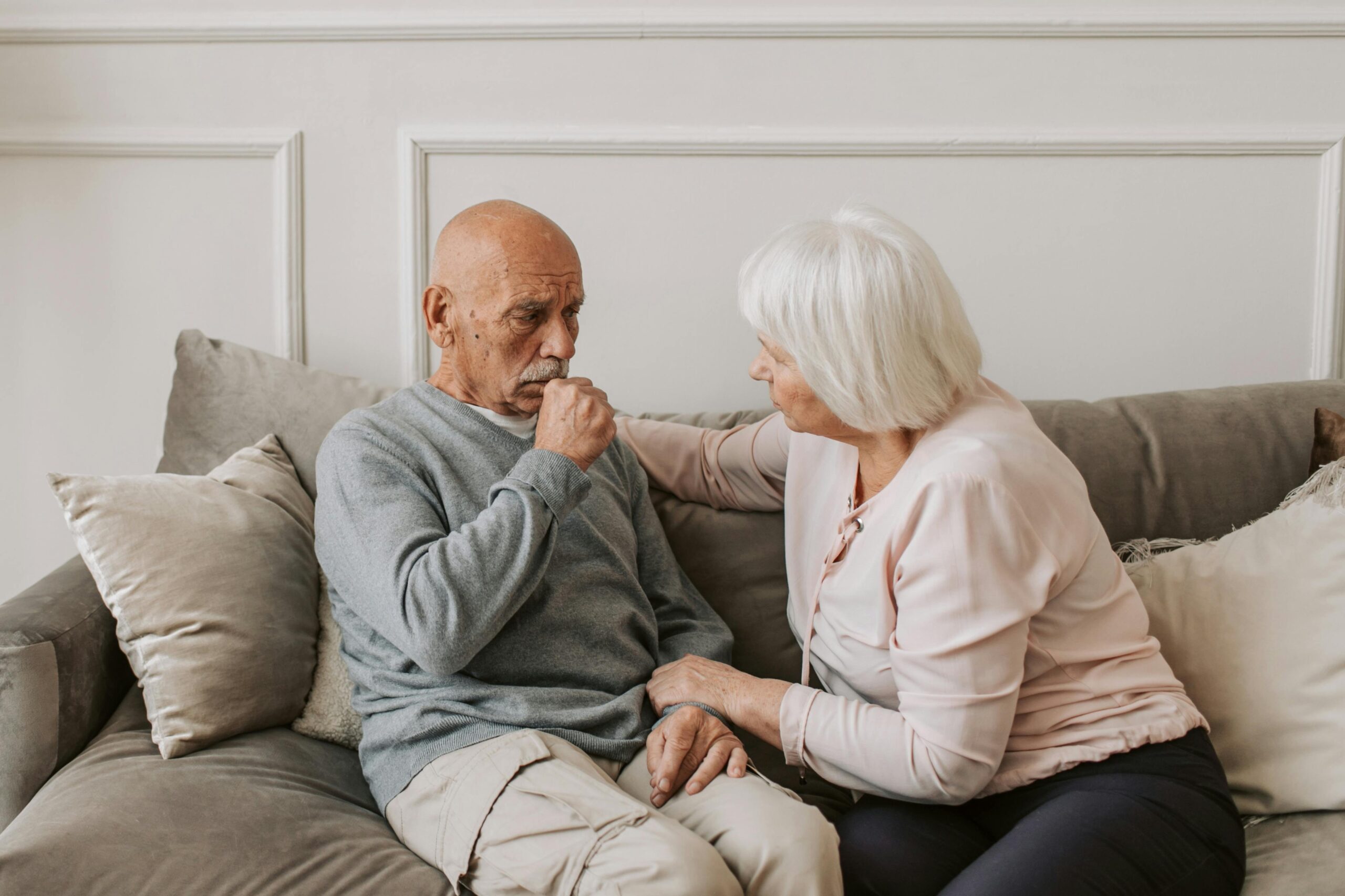
How to Support a Partner with Chronic Illness: A Mental Health Perspective By: Rane Wallace, MS, LPC, LCDC, SAP Living with a chronic illness can

EMDR for Attachment Issues: Building Healthy Relationships By: Rane Wallace, MS, LPC, LCDC, SAP When you hear “EMDR therapy” (Eye Movement Desensitization and Reprocessing), you

How to Deal with a Narcissistic Partner By: Rane Wallace, MS, LPC, LCDC, SAP Do you ever feel like your partner thinks they’re better than

How to Recover from Burnout By: Rane Wallace, MS, LPC, LCDC, SAP Burnout is a common struggle in today’s fast-paced world. Life’s relentless demands can

The Benefits of Attending Couples Counseling By: Rane Wallace, MS, LPC, LCDC, SAP There’s a misconception about couples counseling – that it signals the end

Things to Know About Individual Counseling in Fort Worth, TX By: Rane Wallace, MS, LPC, LCDC, SAP May is Mental Health Awareness Month, a good

Everything You Need to Know About EMDR Therapy By: Rane Wallace, MS, LPC, LCDC, SAP Have you heard about EMDR therapy and want to learn

What is Nature Therapy? (And Why You Should Be Doing It!) By: Rane Wallace, MS, LPC, LCDC, SAP Let’s face it: there’s just something about
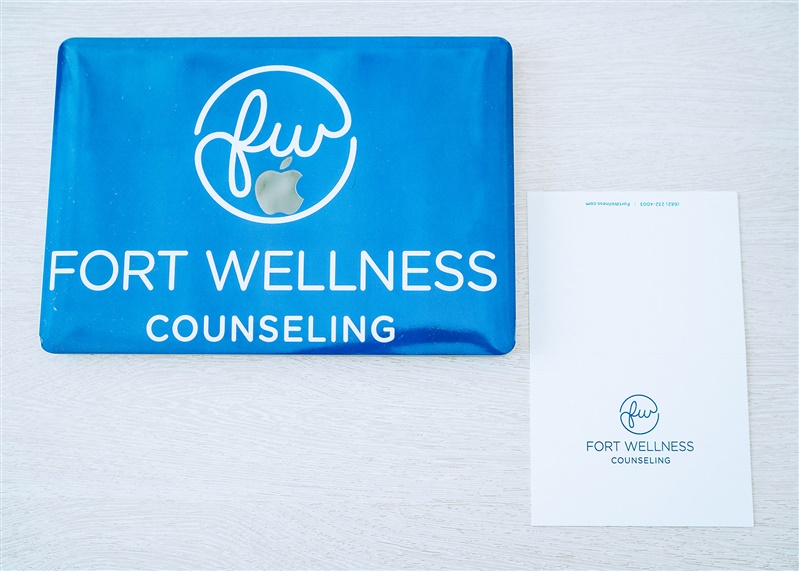
The Benefits of Virtual Therapy in Texas By: Rane Wallace, MS, LPC, LCDC, SAP Technology is changing everything, and healthcare is no different! Thanks to

How to Get Over a Breakup By: Rane Wallace, MS, LPC, LCDC, SAP Breaking up with a romantic partner is painful – no matter the reason

How to Set New Year’s Resolutions By: Rane Wallace, MS, LPC, LCDC, SAP How to Set New Year’s Resolutions Setting goals gives us a sense
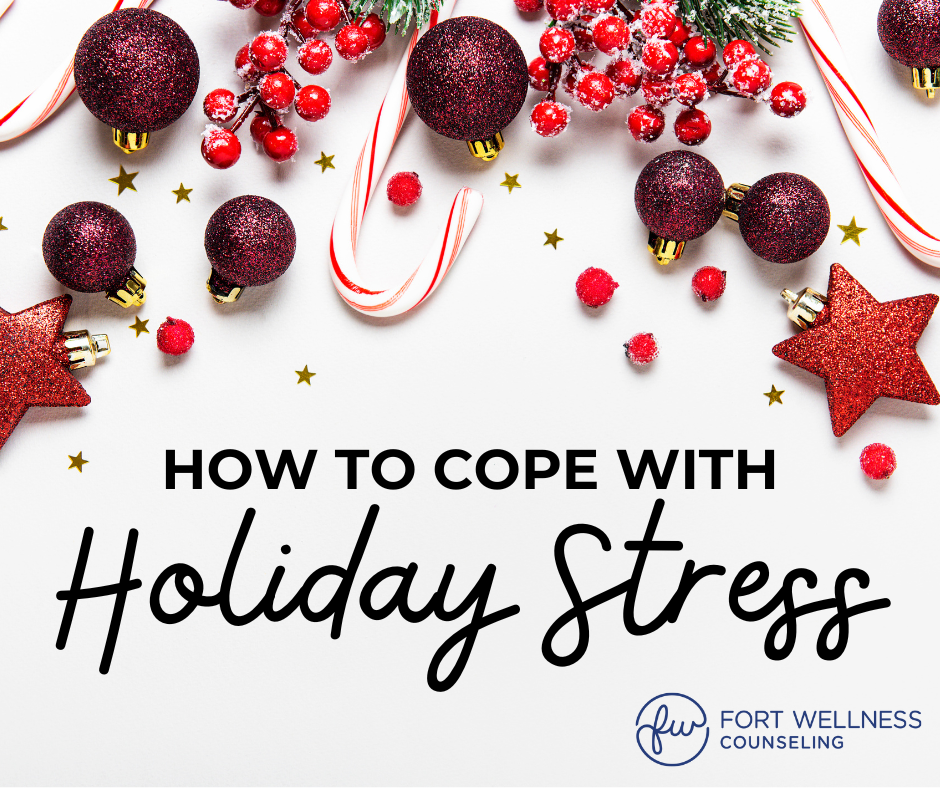
How to Cope with Holiday Stress By: Rane Wallace, MS, LPC, LCDC, SAP Say No to Prevent Burnout There are an abundance of obligations that

Trauma Therapy in Fort Worth: Types, Benefits & More By: Rane Wallace, MS, LPC, LCDC, SAP Believe it or not, an estimated 60% of men

How to Communicate Better in Relationships By: Rane Wallace, MS, LPC, LCDC, SAP Whether with coworkers or your significant other, the ability to communicate effectively

How to Prevent Seasonal Affective Disorder (SAD) By: Rane Wallace, MS, LPC, LCDC, SAP If you’re struggling with winter blues, know you’re not alone. SAD

What is a Functioning Alcoholic? By: Rane Wallace, MS, LPC, LCDC, SAP When someone is deemed a ‘high-functioning alcoholic,’ they’re able to carry out daily

How to Help Yourself – And Others – with Suicidal Ideation By: Rane Wallace, MS, LPC, LCDC, SAP September is Suicide Awareness Month. And while

32 Questions to Strengthen Your Relationship By: Rane Wallace, MS, LPC, LCDC, SAP When was the last time you had a meaningful conversation with your

The Fawn Response: How Trauma Can Lead to People Pleasing By: Rane Wallace, MS, LPC, LCDC, SAP Do you often find yourself putting the needs

How to Overcome ‘Hangxiety’ (Post-Drinking Anxiety) By: Rane Wallace, MS, LPC, LCDC, SAP Thought the consequences of drinking heavily were merely physical? Unfortunately, you’ll have

What is Box Breathing? Plus Tips for Beginners By: Rane Wallace, MS, LPC, LCDC, SAP Ever heard of box breathing? This popular relaxation technique involves

Do Mindfulness Exercises for Anxiety Work? By: Rane Wallace, MS, LPC, LCDC, SAP Do mindfulness exercises for anxiety work? If you (or people in your

What is Trauma Bonding? 4 Warning Signs By: Rane Wallace, MS, LPC, LCDC, SAP If you’ve ever been in an abusive relationship and felt bonded
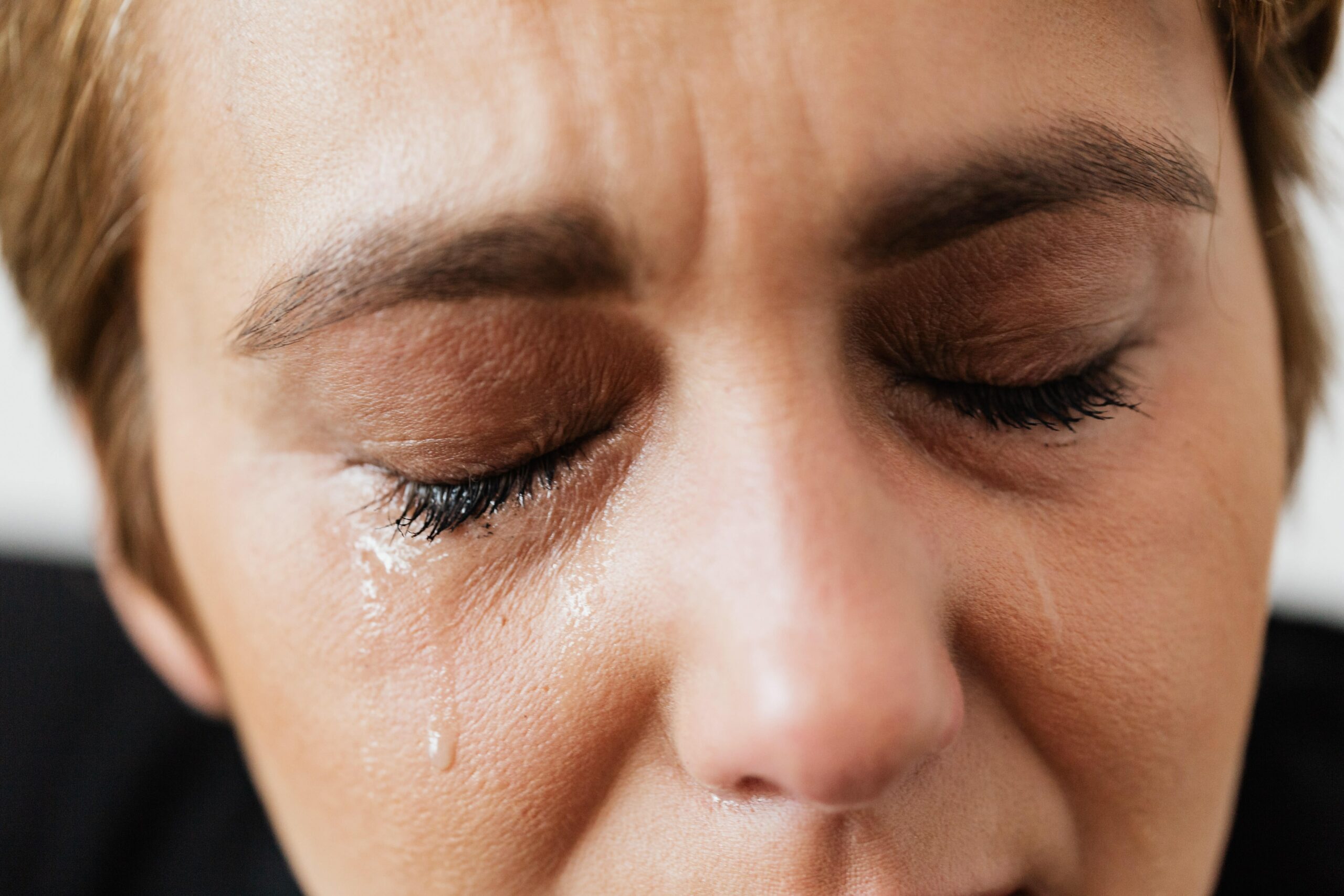
Why Do We Cry? 4 Reasons and Crying Benefits By: Rane Wallace, MS, LPC, LCDC, SAP There’s no getting around it – crying is part

What Is Habit Stacking? (And How to Do It) By: Rane Wallace, MS, LPC, LCDC, SAP Supporting our mental health is one of those goals

5 Tips for Living with Someone with OCD By: Rane Wallace, MS, LPC, LCDC, SAP While living with OCD (obsessive-compulsive disorder) can be demanding, living

What is Assertive Communication? By: Rane Wallace, MS, LPC, LCDC, SAP So, what is assertive communication? Well, in a nutshell, this communication style aims to

PTSD Counseling in Fort Worth: Proven Coping Strategies By: Rane Wallace, MS, LPC, LCDC, SAP For those who didn’t already know, post-traumatic stress disorder (PTSD)

Brainspotting vs. EMDR: What’s the Difference? By: Rane Wallace, MS, LPC, LCDC, SAP According to the National Council for Mental Wellbeing, 70% of American adults

Mindfulness Exercises to Strengthen Your Recovery By: Rane Wallace, MS, LPC, LCDC, SAP Are you recovering from alcohol and/or substance abuse? Self-improvement is a life-long

How to Find a Counselor in Fort Worth By: Rane Wallace, MS, LPC, LCDC, SAP Are you considering therapy? If so, finding a counselor in

How To Not Be Codependent In A Relationship By: Rane Wallace, MS, LPC, LCDC, SAP Wondering how to not be codependent in a relationship? Sometimes

What is Parental Anxiety? Coping Tips from a Therapist By: Rane Wallace, MS, LPC, LCDC, SAP Every parent wants to shield their child from danger

What is EMDR Therapy? By: Rane Wallace, MS, LPC, LCDC, SAP Ever heard of eye movement desensitization and reprocessing therapy? More commonly known as EMDR,

8 Proven Tips to Sleep Better at Night (and Improve Your Mental Health) By: Rane Wallace, MS, LPC, LCDC, SAP Struggling with restless nights and

How to Have a Healthy Relationship with Social Media By: Rane Wallace, MS, LPC, LCDC, SAP In today’s world, there’s no escaping the presence of

What Is The Goal of Psychotherapy? By: Rane Wallace, MS, LPC, LCDC, SAP Have you been considering psychotherapy? The start of a new year is

What is Brainspotting Therapy? By: Rane Wallace, MS, LPC, LCDC, SAP Brainspotting therapy is a kind of alternative therapy that is gaining immense popularity in